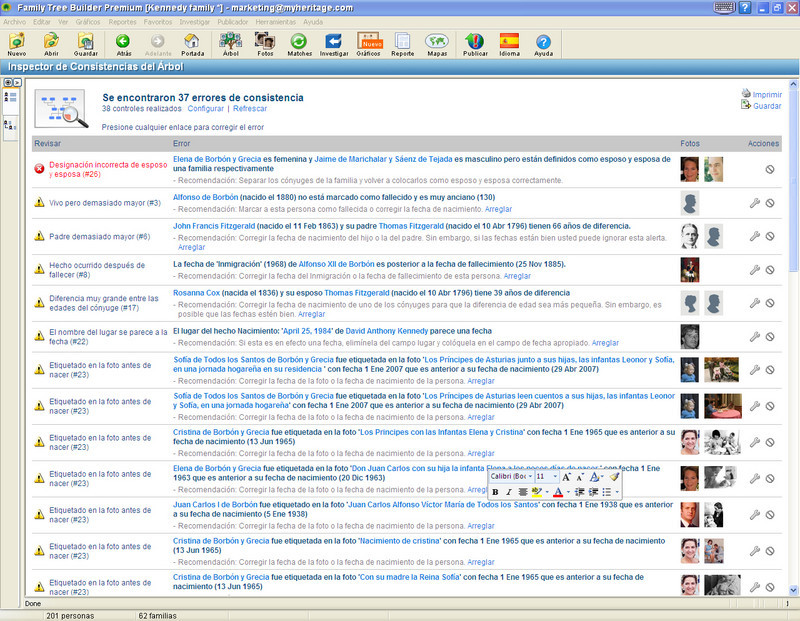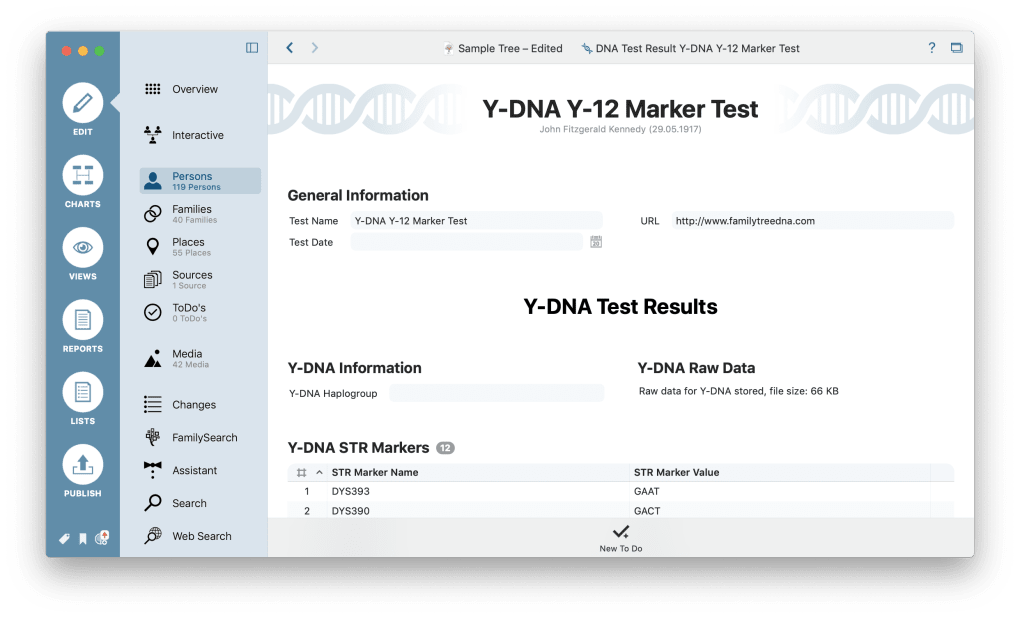


- #Macfamilytree numbering software#
- #Macfamilytree numbering trial#
- #Macfamilytree numbering Offline#
- #Macfamilytree numbering free#
If you have attempted to start research into your family tree in the past you may have downloaded a trial copy of Family Tree Maker or found it mounted to the front of a related magazine. Other apps include Legacy Family Tree and MacFamilyTree, although there are many others, which you'll find listed in the Appendix.
#Macfamilytree numbering software#
Probably the most famous genealogy database software on the market is Family Tree Maker. GEDCOM data can also be uploaded to the web and shared via email, as you will see later in the guide. This basically means that it should be easy for you to move your data between software packages if you change applications.
#Macfamilytree numbering free#
As you find out more, you'll no doubt recognise some barely familiar stories, perhaps parallels with your own life and even photographs that might highlight a physical similarity with yourself.įree alternatives often offer many of the same features, but whether you use a free or premium application, you'll be able to add photos and notes to your collection of names, dates and locations.Īll of the options listed below provide support for GEDCOM, the data standard for genealogy software. This can be anything from appreciating family characteristics to knowing the names of your immediate family, specifically your parents and grandparents.įrom there, you can then begin to work backwards, researching census results and birth records to trace your family further back. You can't research a family tree without first knowing who you are.
#Macfamilytree numbering Offline#
Libraries, newspaper offices, graveyards, public record offices, schools, churches, military bases and local museums can all be vital resources as you research your family tree.Ĭoupled with the online tools described above, these places can provide data concerning birth, death, marriage, debt, baptism, conscription and perhaps even photos, not to mention probate records (wills), school records, details of employment and much more.Īs a result, while the immigration and census records available online are important, these offline sources are just as relevant. However you plan to conduct your research, at some point you'll need a computer, and maybe some office software if you plan on keeping a diary or journal, or perhaps records of the contacts you have made in the process of your exploration.īeyond the web, there are other places where you can find data. One application, Family Tree Maker, even integrates with the website, meaning that you don't even need to manually add the data – the application does it for you! These are just two of the services we'll be looking at later in this guide. There are various applications that are designed to help you do this, basically databases with the focused aim of providing visualisations and reports that you can use to add the information that you've found.

Military records, immigration records, newspaper articles and probate documents are also vital resources, and many of these are also archived or indexed on the web, ready for you to start digging up your family history.Īs you build up your records, you'll need somewhere to store the data. With census data perhaps the most commonly accessed information available online for this purpose, the Internet has become a major aspect of genealogy research. Various software applications and websites can play their part in helping you research, collate and organize your family tree, enabling you to build up a picture of who your ancestors were, how and where they lived, what they did for a living, and so on. However, the Internet and specialist software can give you a considerable advantage, helping you to find new facts, dates and material from the comfort of your desktop PC, laptop or tablet. When you first begin researching your family tree you might begin by taking notes from older relatives before looking into historical records and visiting places where your ancestors lived. It is essentially the collection of data and information about families, enabling the researcher to trace both lineage (who is descended from who) and history (who married who, worked where, achieved what, etc.). The term genealogy is derived from the Greek words for generation and knowledge. Once you can understand why you are researching, it can help you to focus your efforts on the information you're looking for – and who to research.


 0 kommentar(er)
0 kommentar(er)
